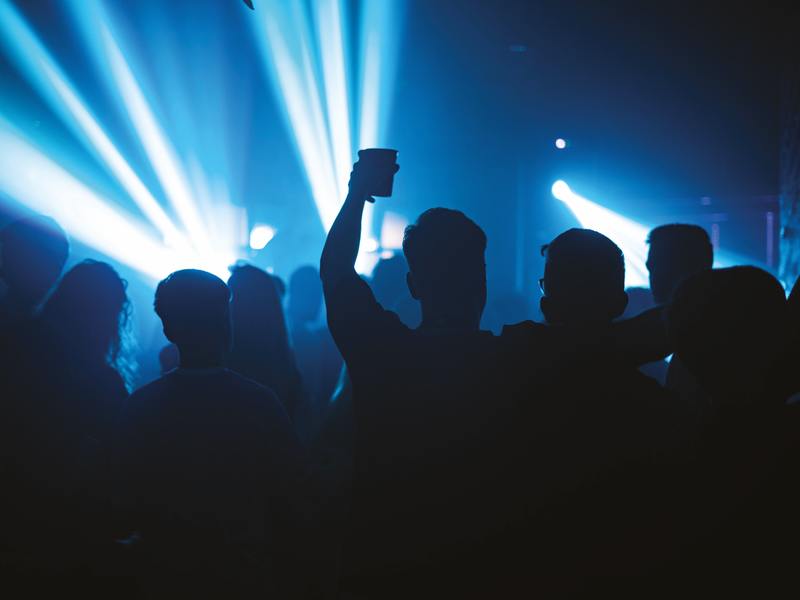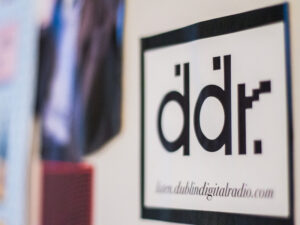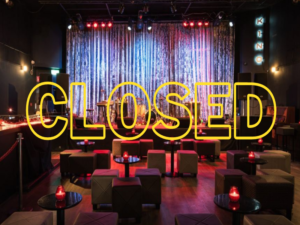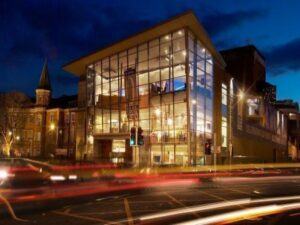
Post pandemic, what does the future of clubbing in Ireland look like? Pre pandemic clubbing in Ireland was in crisis. This was mainly as a result of Property developers demolishing venues to make way for hotels, student accommodation, and apartments.
As well as efforts of the music industry, the public and concerned councillors have protested and campaigned; these efforts have been ignored until now.
This attitude can be traced back to the 1935 Public ballroom Act. Anti-jazz campaigners at the time successfully mobilised to regulate dance floors everywhere. After this date those wanting to host a dance in an Irish venue would require a license. These licenses were issued with permission from the police force and court.
To this day, whether or not a venue owner holds a license they must apply to the District Court. This takes the form of a Special Exemption Order (SEO) to host a late-night event. This costs the venue €410 per month. All it really gives is an extra three hours midweek and two hours at weekends.
The Gardaí, since the mid 00s, didn’t have the right resources to police the streets. As a result, nightclubs were made a simple target by the press linking dance music to crime and social disorder. Venues were under pressure to prevent hosting electronic music events.
Petitions were signed by over 20,000 people against the Gardaí’s efforts leading to efforts to protect the scene..
This early campaign managed to improve the situation and even led to talk of a modernisation of licensing laws. Unfortunately the centre-right party Fianna Fáil saw this as a threat to the pub lobby, and quashed it.
In 2008, the government. introduced The Intoxicating Liquor Act. This led to venues becoming tied to the pub system, which required a 7 days publican license and a dance license. As a result, fees doubled and Sunday closing times were cut to 1am (from 2.30am).
Between 2007 and 2013 the number of dance licenses in Ireland fell from 1,635 to 930. There are estimated to be around just 100 nightclubs operating in Ireland today.
Many venue owners today say the prices of SEOs and insurance are hampering their ability to maintain a business. However, in order for a venue to achieve this it would have to turnover more than €1 million per annum.
The future of clubbing in Ireland hangs on the decisions from the Department of Justice who are are looking to make positive changes.
Some of these changes include the streamlining of Ireland’s licensing laws. There is hope from the Department of Justice’s Justice Plan, that such reform will happen in the next couple of years. Consequently the department hopes to pilot programmes including staggered and later opening hours for venues.
In March this year, an agreement was made by Dublin council to introduce a night mayor. The town Development Plan has been put together to make sure cultural spaces are put at the forefront of Dublin’s planning development for the next five years.
As a part of this plan, it is hoped that new developments will contain multipurpose spaces. These could incorporate venues helping to ensure developers maintain a cultural infrastructure.
The pandemic has brought venue closures into the broader conversation which goes way beyond just keeping nightclubs open.
The Department of Justice announced in February 2021, that they were considering major changes to Ireland’s licensing laws. These include the extension of venues’ opening hours and staggered opening times alongside a new, annual nightclub permit that is being looked at.



